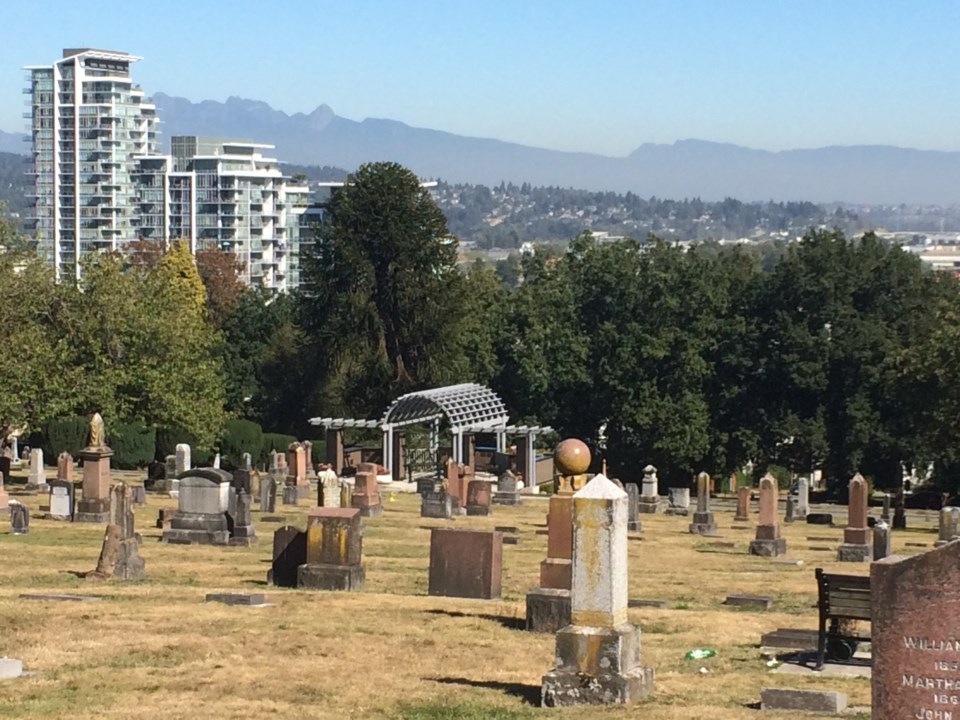It’s stinkin’ hot out there.
Quite literally.
Environment Canada has issued a special weather statement for New Westminster and the rest of Metro Vancouver, as daytime maximum temperatures are forecast to be 5 to 10 degrees above seasonal through Friday. At the same time, Metro Vancouver is continuing its air quality advisory for the region because of high concentrations of fine particulate matter. It's just cancelled an advisory for ground-level ozone that was issued yesterday.
Environment Canada reports that an upper ridge of high pressure is drawing warm air northward from the U.S. Temperatures are expected to peak today through Friday – with New West forecast to reach as high as 31C.
Environment Canada is recommending using some common-sense tips to beat the heat, including:
- Drink plenty of water, even before you feel thirsty, and stay in a cool place.
- Reduce your heat risk; schedule outdoor activities during cooler parts of the day.
- Never leave people or pets inside a parked vehicle.
Meanwhile, on the air-quality front, those with chronic underlying medical conditions and/or respiratory infections are encouraged to be extra cautious. Smoke from wildfires in Washington and Oregon is continuing to affect the air around the region, although winds, temperature and wildfire behaviour mean the concentrations can be extremely variable across the region.
As of 11 a.m. on Thursday, New Westminster’s health index was sitting at a 2, in the low-risk zone. (You can check up-to-date conditions at https://gis.metrovancouver.org/maps/Air,)
But air exposure is still a particular concern for anyone with underlying conditions such as lung or heart disease, chronic obstructive pulmonary disease (including bronchitis and emphysema), as well as asthma or diabetes. Anyone with a respiratory infection, pregnant women, infants, children, outdoor workers and older adults may also be at higher risk.
The region offers up these tips for reducing your personal health risk:
- Stay cool and drink plenty of water.
- Use symptom management medications, such as inhalers, as needed.
- Continue to manage acute infections or pre-existing chronic medical conditions; if symptoms continue to be bothersome, seek medical attention.
- Stay in cool, air-conditioned environments, especially during afternoon and evening when ozone levels are highest.
- Reduce indoor sources of pollution (such as smoking and vacuuming) and run an air cleaner. Some room air cleaners, such as those with HEPA filters, can help reduce indoor particulate levels.
- Consider taking shelter in air-conditioned buildings that have large indoor volumes and limited entry of outdoor air, but be mindful that space may be limited due to physical distancing guidelines for COVID-19.



